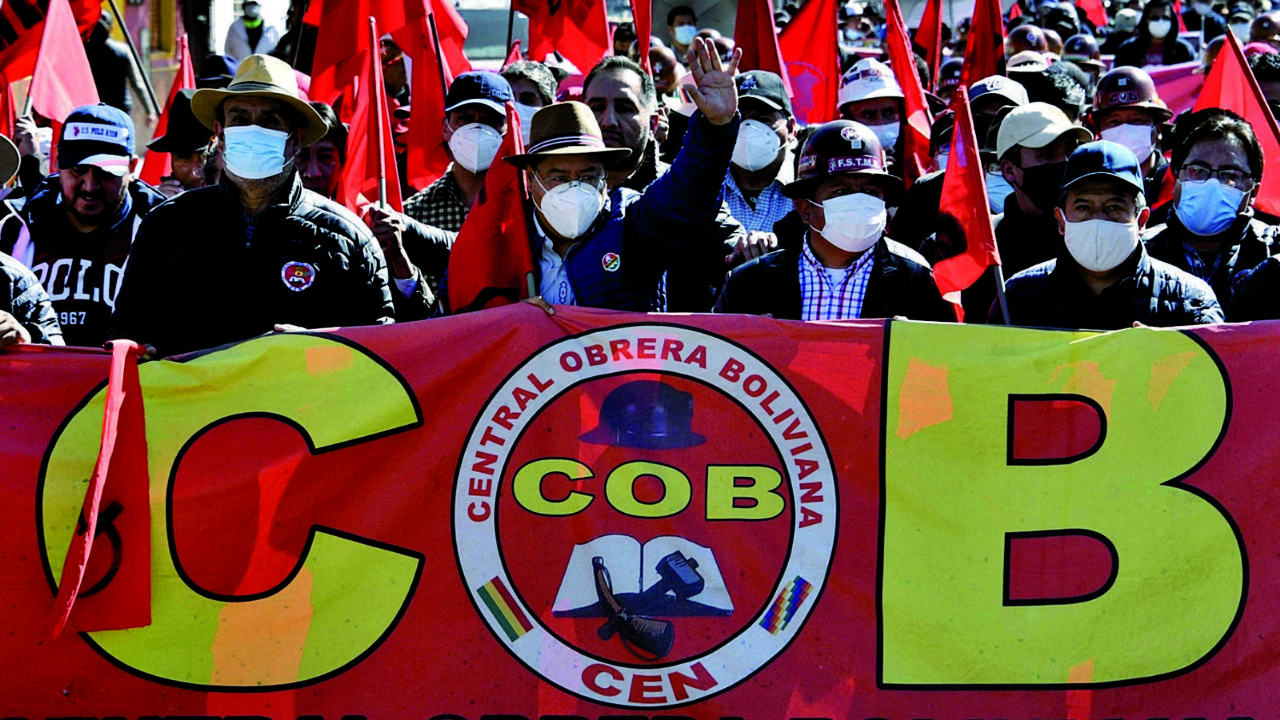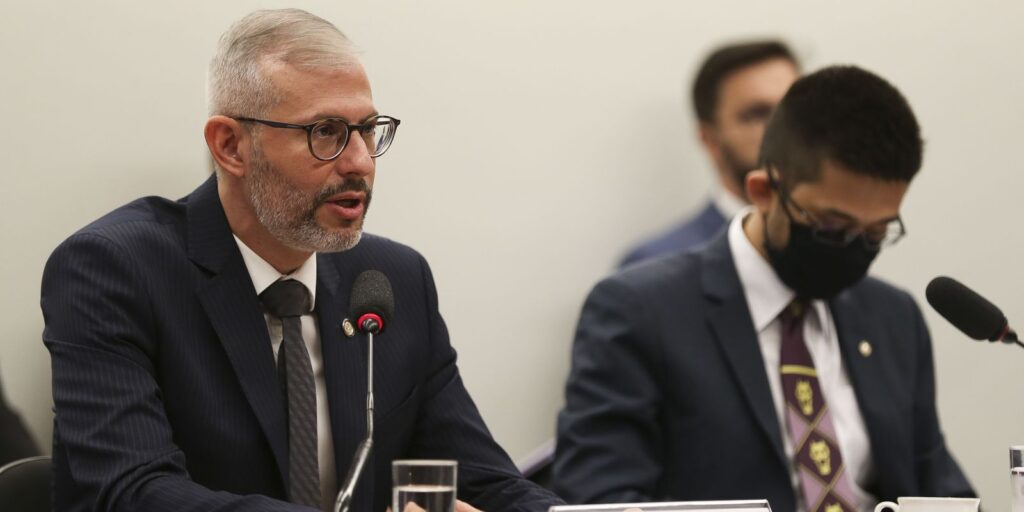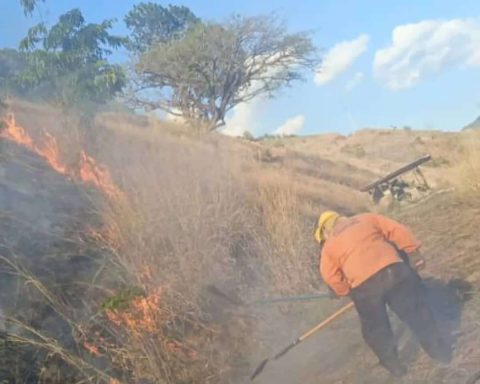Jorge Quispe / La Paz
Surrounded by miners and factory workers, with whom he paraded in Oruro for Labor Day, President Luis Arce announced five decrees, including one that gives time off for birthdays and another that increases the number of leaders of the same company declared in commission.
Likewise, the increase of 3% to the basic salary and 4% to the minimum was ratified, but he said that he will also freeze salaries “in ministries and decentralized and decentralized entities”, in a sign that his Government does not seek to “profit with the money from town”.
Holidays and birthdays
Arce reported on five decrees in favor of the workers. The first refers to the special licenses that employers must give to workers in the event of the death of family members, marriage or birthdays, “all these licenses will be granted with the enjoyment of 100 percent of the remuneration,” he asserted. In the case of birthdays, half a day of leave will be granted.
The second refers to annual vacations. According to Arce, some employers do not schedule the annual rest or put obstacles to prevent the worker from making use of that right. “For this reason, we have modified the regulations to the General Labor Law ratifying the obligation for the employer to schedule annual vacations and establishing that they can also divide their vacation right,” he added.
The third is an express request made by the COB in its statement to modify article 97 of Supreme Decree 22407 of May 11, 1990 and which regulates “the declarations in commission of the main leaders of the Central Obrera Boliviana, departmental workers’ centrals, confederations, national federations and departmental federations”.
In January, the MAS deputy Rolando Cuéllar criminally denounced the oil leader Rolando Borda, who has been in commission for 20 years and who earns 30,000 bolivianos per month.
The fourth decree abrogates Ministerial Resolution 137 of 1990 “which limited the number of leaders in federations and unions.” This new norm does not speak of limits.
factory workers marched in Oruro
Photo: Facebook Luis Arce
Salaries in ministries
President Arce ratified in a fifth decree that the increase of 3% to the basic salary and 4% to the SMN is for those who work in public companies of the State, but not for those who work in ministries and decentralized and decentralized entities.
“Our public companies are also going to benefit of course from this salary increase, but we as the national government in the ministries, in the decentralized, decentralized entities, we freeze our salary as a sign that what we want is not to profit from the money of the people , but to work for Bolivia”, added the president.
Retroactive payment in May
DS 4711 explains in its final provisions that the retroactive payment of the salary increase and the application to the SMN “will be effective until May 31 of this management.”
It also confirms that the health and teaching sectors benefit from this increase and that the private sector will have to negotiate on the basis of 3%. Economy Minister Marcelo Montenegro said last week that the increase will not reach the entire public sector.
Arce highlighted in his speech that his Government reversed the recession that climbed to more than 9%, unemployment that exceeded 12% and that now according to the National Institute of Statistics is at 5.9%, although another is the reality in the streets, but also pointed to industrialization as the main challenge.
The president reaffirmed his alliance with the Central Obrera Boliviana (COB), which is why he called for unity and, in response, the workers’ executive indicated that both Arce and Vice President David Choquehuanca are “cobists affiliated” with that organization.
“We are here to guarantee the political, economic and social stability of the country. We are ratifying that commitment on behalf of all Bolivian workers,” confirmed Huarachi.
POINT OF VIEW
President Col. Econ. from Tarija
 “These are rules to tie and press”
“These are rules to tie and press”
They remove from one side and increase on another. I listened to the new regulations that, in my opinion, are a little more to bind or pressure and avoid dismissals, but also to remove faculties from the owners of private companies.
More than economic measures, they seem to me political measures, to have a greater alliance with the Central Obrera Boliviana, because they have said that they are going to guarantee political stability and that the Government must guarantee economic stability.
Now, if the solution is to freeze (salaries in ministries), why haven’t they done it in previous years?
In that case we should reduce current expenses in wages and salaries, and not freeze them, if one wants to save, it is not about saying I will not earn more than 4,000 bolivianos, and why not earn 3,500 or 3,000?
Also, how long is it going to freeze for. Until next May 1? Until the next wage increase or until there is a social upheaval?
I also wonder if this freezing (in ministries) is for everyone, I mean bosses and directors. Is it a freeze for 100 percent?
And what about the union leaders who are on commission, like (Juan Carlos) Huarachi, from the COB. who is on commission and earns above 15 thousand bolivianos. Why don’t they reduce their salaries? And why do they only look at businessmen and the Government.
















